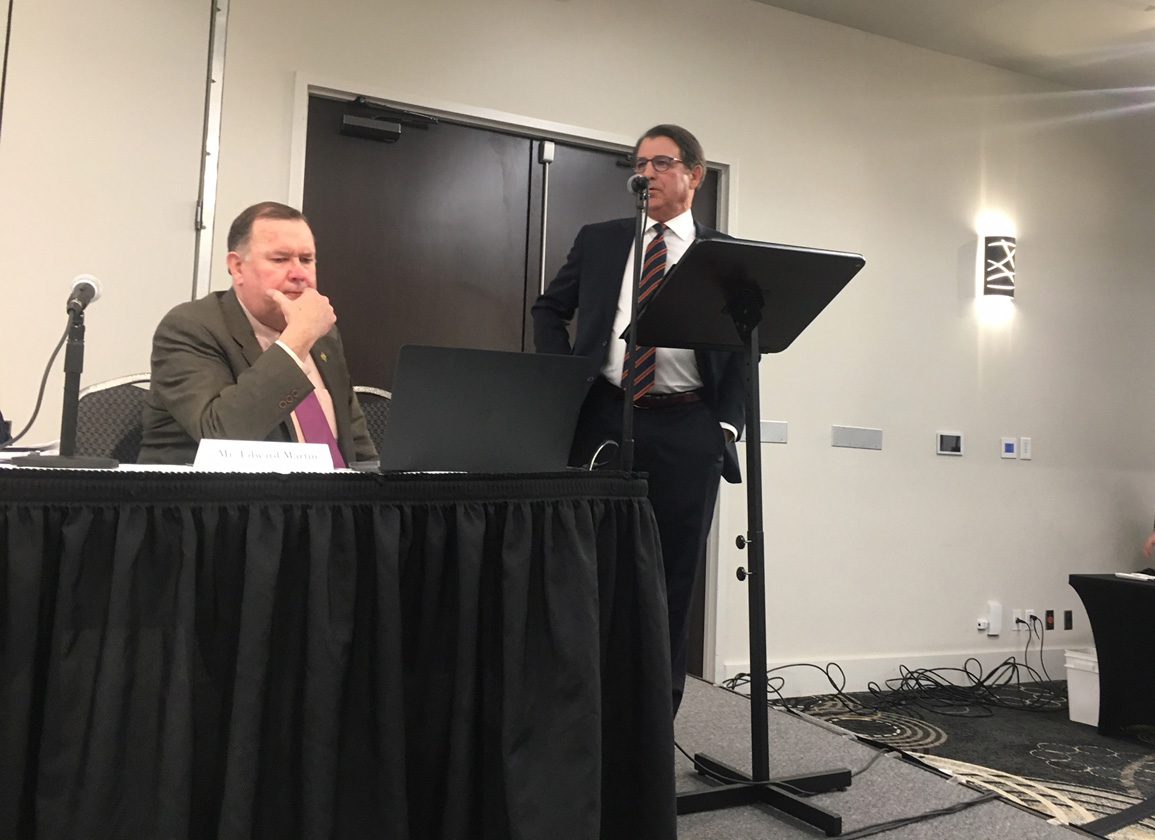For well over a year, we have been told that the HISA Act was legally bulletproof and within the parameters of the US Constitution. According to a unanimous decision of a three judge panel from both political parties issued last week, such assertions may not be so.
The ARCI has not taken sides in this legal dispute, although some of our member agencies have as there are serious issues involving States rights, taxation without representation and commandeering that are at stake. The final outcome of the legal process may not be known for quite some time, creating an uncertainty for everyone involved with thoroughbred horseracing.
Conflicting legal opinions will determine what happens next in the individual States.
Some States, like California, will honor a written agreement they have executed with HISA to enforce their racetrack safety rules. Other States, upon the advice of counsel or Attorney General, will revert to state rules that remain on the books, not wanting to jeopardize the outcome of a court challenge to any enforcement action.
Not all states have written agreements. Many have sent letters informing HISA as to what they will or will not do. Those can be withdrawn or modified at any point if a State believes it's a roll of the dice as to whether enforcement actions will hold should the current ruling stand.
Last Friday, most US racing commissions participated in an emergency meeting convened by the ARCI. The commissions have and continue to work with HISA and HIWU representatives in a cooperative effort. While that will not change it should not be assumed that there are no concerns or limitations as to what an individual commission may or may not do.
What happens next is unknown and there currently is a storm cloud hanging over regulatory actions taken by HISA. It is not unreasonable to expect that those sanctioned for HISA crop rule violations will go to court as there now is reason to question the legality of the HISA Act itself.
We are but a few weeks away from when HISA plans to take over the anti-doping and medication control enforcement. That's huge and state regulators are concerned about whether a HISA drug violation levied after January 1, 2023 is valid if HISA itself is not legal.
Most State Racing Commissions believe the HISA Act is in need of modification to restore the financial, operational and rulemaking transparency and accountability this industry has now lost with the private entity. In addressing this Congress can eliminate the legal problems as well as mitigate the enormous cost about to be levied on the thoroughbred racetracks, owners, and horsemen. I was on a panel in August with Lisa Lazarus and proposed that HISA and its proponents get “everyone” in a room and reach an agreement in order to make this work to avoid the mess we are now in.
We should all be working together to salvage the many good things that can come out of this. But that might require an amendment to the HISA Act or short-term delay. Some people refuse to even consider that.
There are many who believe the current animosity of the US political divide is killing the country. We should not let that happen to this great sport.
Not a subscriber? Click here to sign up for the daily PDF or alerts.






